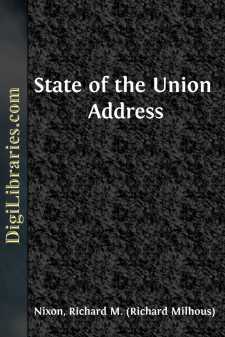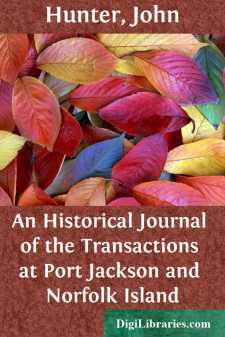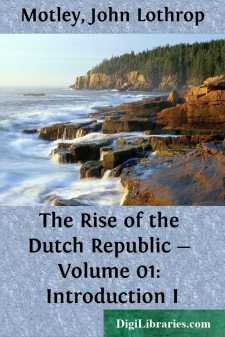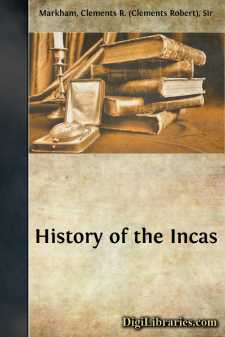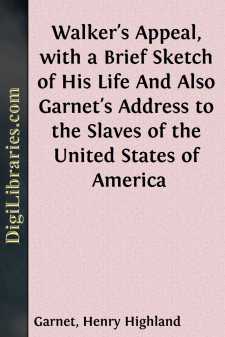History
- Africa 30
- Americas (North Central South West Indies) 50
- Ancient 68
- Asia 58
- Australia & New Zealand 8
- Canada 41
- Caribbean & West Indies 1
- Civilization 20
- Eastern Europe 12
- Europe 310
- Expeditions & Discoveries 60
- General 77
- Historical Geography 1
- Jewish 9
- Latin America 3
- Medieval 8
- Middle East 13
- Military 248
- Revolutionary 8
- Study & Teaching 5
- United States 353
- Western Europe 56
- World 13
History Books
Sort by:
by:
Edward Ingle
CAPTAIN RICHARD INGLE, THE MARYLAND “PIRATE AND REBEL.” In the seventeenth and eighteenth centuries the American colonies, from Massachusetts to South Carolina, were at intervals subject to visitations of pirates, who were wont to appear suddenly upon the coasts, to pillage a settlement or attack trading vessels and as suddenly to take flight to their strongholds. Captain Kidd was long celebrated...
more...
THE FIRST CHAPTER. MULMUCIUS. Matth. West. Polyd. Now to proceede with the aforesaid authors, Mulmucius DunwallÐâ¦ÐÐ, or as other saie Dunuallo Mulmucius, the sonne of Cloton (as testifieth th'english chronicle and also Geffrey of Monmouth) got the vpper hand of the other dukes or rulers: and after his fathers deceasse began his reigne ouer the whole monarchie of Britaine, in the...
more...
Mr. Speaker, Mr. President, my colleagues in the Congress, our distinguished guests and my fellow Americans: To address a joint session of the Congress in this great Chamber in which I was once privileged to serve is an honor for which I am deeply grateful. The State of the Union Address is traditionally an occasion for a lengthy and detailed account by the President of what he has accomplished in the...
more...
by:
John Hunter
Chapter I October 1786 to September 1787 The ships destined for Botany-Bay rendezvous at the Mother-Bank.--Leave that place, and proceed on the voyage.--The convicts on board one of the transports attempt an insurrection.--Are timely discovered, and the ring-leaders punished.--Arrived at Santa Cruz.--Transactions there.--Attempt of a convict to escape.--Description of Laguna, and the adjacent country....
more...
by:
Richard Hakluyt
CAPVT. 38. De territorio Cathay, et moribus Tartarorum. Totum Imperium Imperatoris Grand Can distinctum est in 12. magnas prouincias, iuxta numerum duodecim filiorum primi Genitoris Can, quarum quælibet in se continet circiter 6. millia ciuitatum, præter villas non numeratas quæ sunt Velut ábsque numero. Habent et singulæ prouinciæ regem principalem, hoc est 12. reges prouinciales, et horum...
more...
PREFACE The rise of the Dutch Republic must ever be regarded as one of the leading events of modern times. Without the birth of this great commonwealth, the various historical phenomena of: the sixteenth and following centuries must have either not existed; or have presented themselves under essential modifications.—Itself an organized protest against ecclesiastical tyranny and universal empire, the...
more...
INTRODUCTION. The publication of the text of the Sarmiento manuscript in the Library of Göttingen University, has enabled the Council to present the members of the Hakluyt Society with the most authentic narrative of events connected with the history of the Incas of Peru. The history of this manuscript, and of the documents which accompanied it, is very interesting. The Viceroy, Don Francisco de...
more...
by:
David Hume
The bishop of Valence, a prelate of the house of Savoy, and maternal uncle to the queen, was his chief minister, and employed every art to amass wealth for himself and his relations. Peter of Savoy, a brother of the same family, was invested in the honor of Richmond, and received the rich wardship of Earl Warrenne; Boniface of Savoy was promoted to the see of Canterbury: many young ladies were invited...
more...
A BRIEF SKETCHOF THELIFE AND CHARACTER OF DAVID WALKER. It is generally the desire of the reader of any intellectual production, to know something of the character and the life of the author. The character of David Walker is indicated in his writings. In regard to his life, but a few materials can be gathered; but what is known of him, furnishes proof to the opinion which the friends of man have...
more...
"Corruption" in Ancient Rome And Its Counterpart in Modern History Two years ago in Paris, while giving a course of lectures on Augustus at the Collège de France, I happened to say to an illustrious historian, a member of the French Academy, who was complimenting me: "But I have not remade Roman history, as many admirers think. On the contrary, it might be said, in a certain sense, that I...
more...




